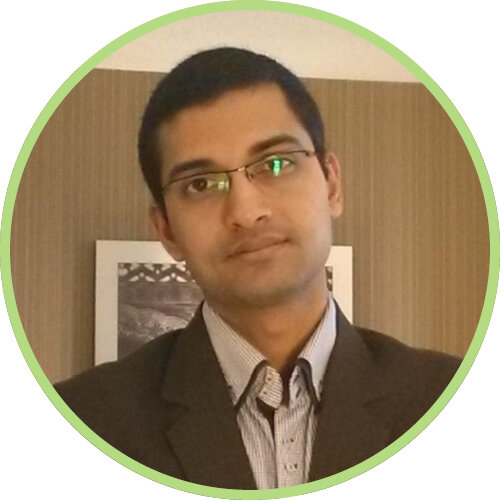Michael Moodispaw
Bachelors and Ph.D. student in the Material Science and Engineering Department @ The Ohio State University
Michael is a second-year graduate student with the Light Materials and Manufacturing Research Lab at The Ohio State University after starting a dual BS/graduate program in 2019. He is focused on recycling and sustainability of light alloy production, specifically on reducing various forms of energy consumption via alloy usage and melt processing. Michael is a secondary author on the 2020 NADCA paper of the year award for work on improving refractories for aluminum melt processing, and winner of the student poster competition at the 2019 World Congress on Integrated Computational Materials Science. He is working with Dr. Alan Luo on the Increasing Melt Efficiency and Secondary Alloy Usage in Aluminum Die Casting REMADE Project. We asked him some questions about his experience:
Q: How did you become interested in your field of study?
A: I have always been interested in academic research and have worked in research since 2016 at Ohio State. With a love of chemistry and physics I decided to study engineering. After narrowing in on MSE in my second year of college, I became interested in metals and metals processing and began to focus on those areas through my coursework. Around this time, I also became an active member of the Foundry club at OSU, a student chapter of the American Foundry Society (AFS).
During my undergraduate studies in Material Science Engineering at Ohio State, I took a class by my now current advisor about molten metal processing. My interest in the class stemmed from my interest in the metals industry, alloy design, and participation in OSU’s foundry club. During this class, I learned about casting alloys, casting systems, solidification science and technology, and the overarching importance of the casting industry. The importance about sustainability in metals processing industry was highly stressed during this course which immediately caught my interest. Personally, I have dedicated a lot to living a sustainable life and have always wanted to direct my career and research to sustainable engineering. The course I took showed me how I may be able to work on sustainable engineering relating to my interests in metallurgy.
Q: How has your experiences working on a REMADE project changed your understanding of sustainable manufacturing?
A: My experience with my REMADE project has provided me with an opportunity to learn a great deal about recycling and sustainability efforts across a range of materials and processes. The importance of recycling policy has been brought to light during my time working on the project. Previously, I did not fully understand the potential impact of what nationwide sorted recycling policy could have on more efficient reuse of materials. I was also impressed by the recycling technology available already to overcome some of the challenges of impurities in material feed and waste from sorting challenges. Sustainable manufacturing, centered around reuse of materials, is all about impurity mitigation and finding applications which can tolerate those impurities.
Q: What’s your advice for the new generation of students considering careers in sustainable manufacturing?
A: My advice for anyone considering a career in sustainable manufacturing would be to absolutely pursue one. As it is more important than ever to curb the effects of climate change through reduction in energy use and material waste, the sustainable manufacturing field will grow rapidly making room for many career opportunities across all areas of materials and manufacturing. By pursuing a career in this area, you can help lead sustainability efforts and bring us into a much-needed area of green manufacturing and technology.










